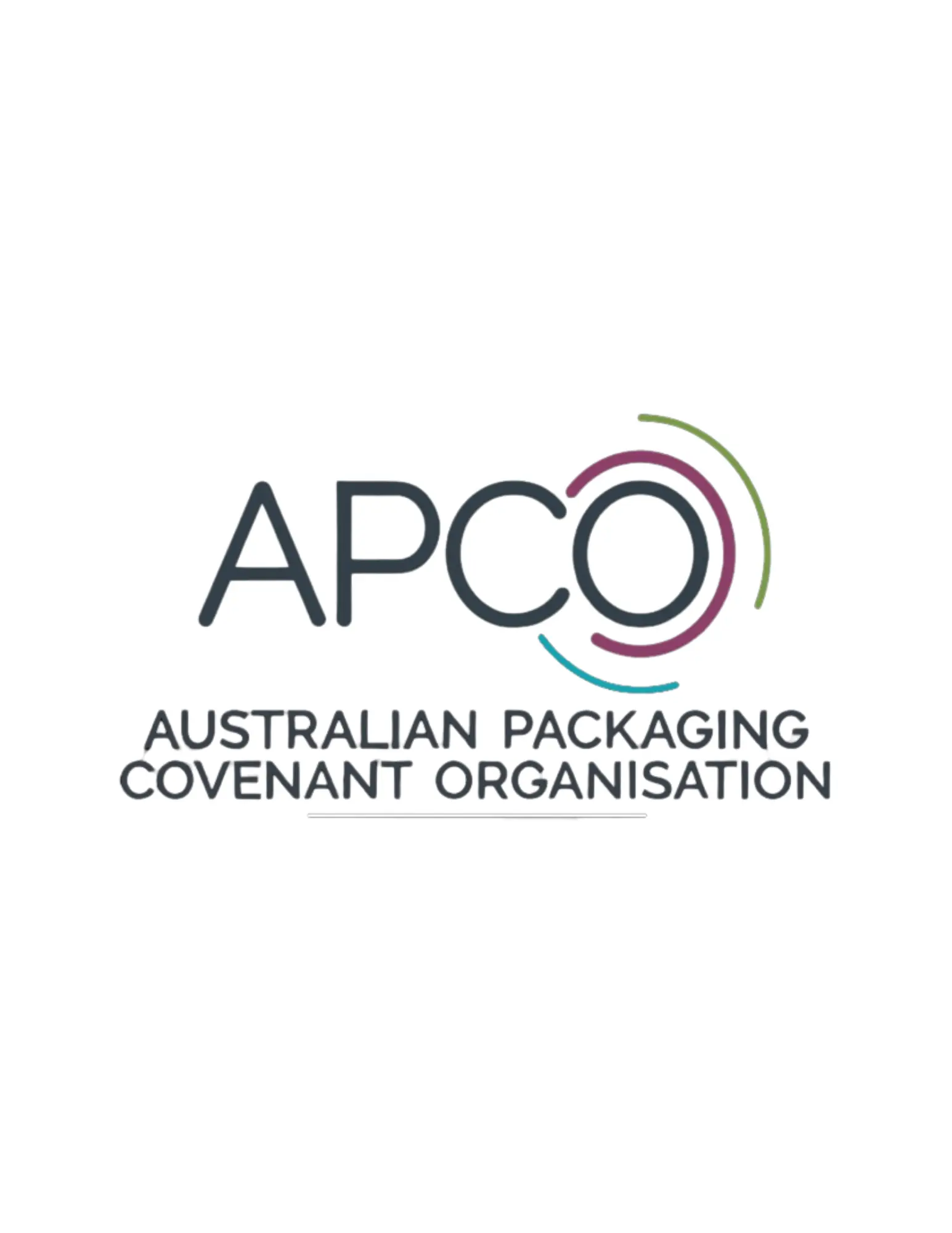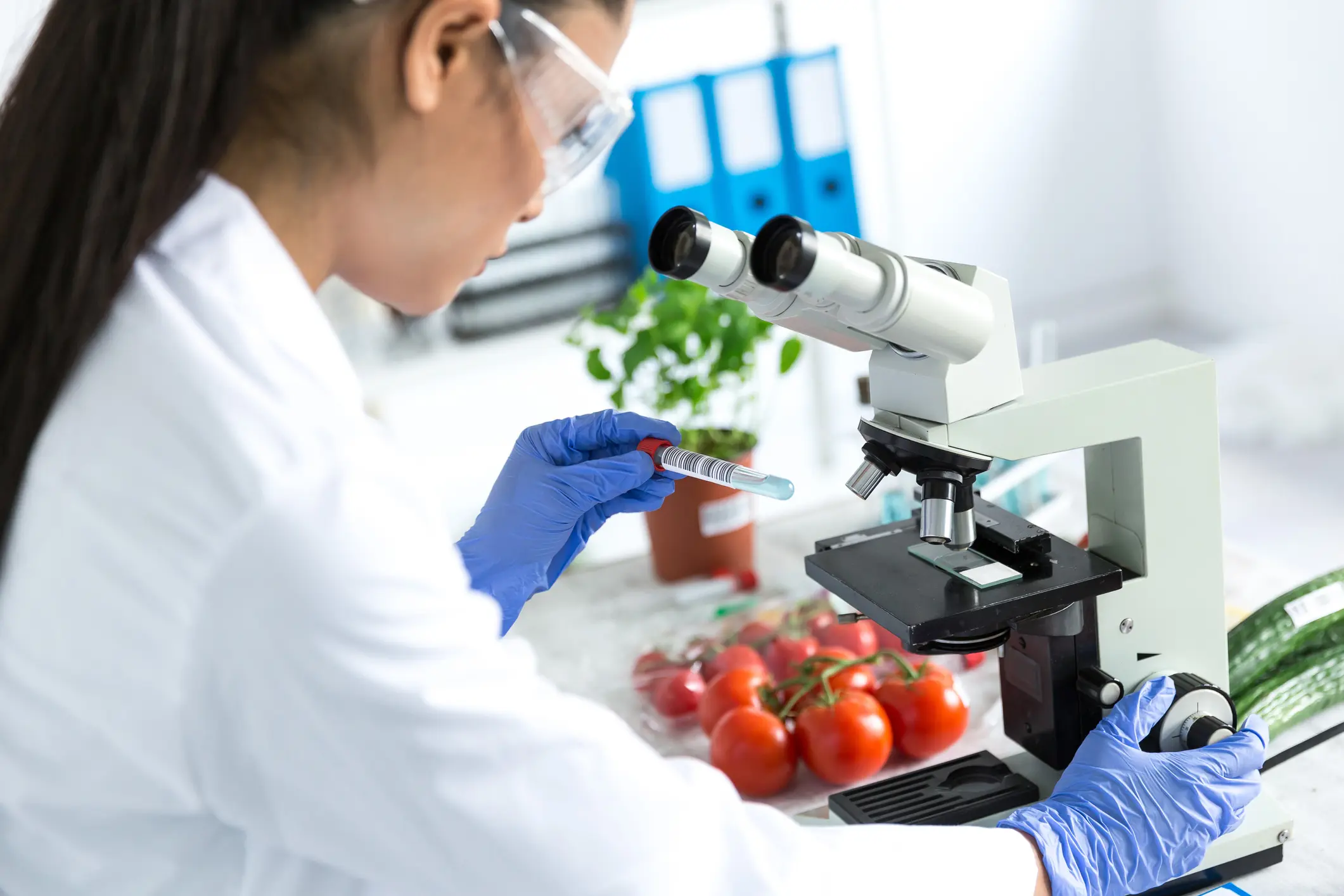What is the Australian Packaging Covenant Organisation (APCO)
Founded in 1999 as a part of a government-industry initiative to reduce the environmental impact of packaging waste in Australia, The Australian Packaging Covenant Organisation (APCO) has become a sustainability leader in Australia.
At its core, APCO (formerly known as the National Packaging Covenant) was established with the goal of uniting businesses, government, and industry stakeholders around sustainability initiatives. Initially, the organization took a voluntary commitment approach but has since become much more structured, introducing regulations and mandatory reporting to ensure compliance with sustainability goals.
APCO’s Vision
APCO’s vision is to drive sustainable packaging across the value chain through collaborative approaches that keep packaging materials out of landfills while maintaining the maximum value of the materials, energy, and labor used to create the packaging.
At the end of the day, the goal is to achieve a circular economy for packaging in Australia, where packaging is sustainable, recoverable, and efficiently reused or recycled, supporting long-term environmental health.
APCO’s Role in Australian Packaging
Currently, The Australian Packaging Covenant Organisation (APCO) is the country’s primary driver for all efforts toward sustainable packaging practices. By involving stakeholders from all different sectors, the group holds businesses accountable, making sure they are complying with Australia’s national packaging targets.
By providing guidance on sustainable practices such as design, recovery, and recycling or packaging materials, the organization is the guiding light for Australian businesses looking to create an action plan towards a more sustainable future.
APCO’s Impact on the Environment
Through the creation of APCO’s initiatives to reduce packaging waste, businesses are changing the way they think about sustainability in their packaging supply chain, changes with huge environmental impact.
With the Australian Packaging Covenant’s National Packaging Targets, both the industry and the Australian government have become aligned on how to redesign packaging to be more recyclable, compostable, or reusable.
Although the impact of these changes has yet to be determined, with many goals set to be reached by 2030, the organization has high hopes for its impact on the sustainable national packaging ecosystem.
How Does APCO Work?
APCO’s collaborative framework is driven by stakeholder’s commitment to the Sustainable Packaging Guidelines (SPGs), which help companies design packaging that minimizes environmental impact while maximizing recyclability.
By using these Sustainable Packaging Guidelines as the basis for change signatories should be able to set reasonable goals for reducing excess packaging, increase the use of recycled materials, and encourage reusable and compostable packaging.
This approach aims to support a circular economy where the life of packaging materials is extended for the maximum amount of time.
Similar to California’s SB-54 Act, APCO has also expressed that it may enter contracts with Extended Producer Responsibility (EPR) and packaging PROs to hold packaging producers responsible for the waste they create. This being said, APCO has expressed financial constraints that limit them from following through with such partnerships.
APCO’s 2025 National Packaging Targets
To clearly outline the goals of the Australian Packaging Covenant, the Organisation creating the 2025 National Packaging Targets to accelerate the shift towards a circularity. The targets are broken down into the following four key objectives:
- 100% of packaging will be reusable, recyclable, or compostable by 2025 to reduce the volume of packaging waste in landfills
- 70% of plastic packaging will be recycled or composed by 2025
- 50% average recycled content in packaging by 2025
- Problematic and unnecessary single-use plastic packaging such as plastic straws, cutlery, and polystyrene packaging will be phased out by 2025
Meeting these targets is critical for promoting sustainable change and reducing environmental impact across industries.
The Australasian Recycling Label (ARL)
APCO has also developed the Australasian Recycling Label (ARL), which aims to provide clear and consistent recycling information on consumer packaged goods. With ARLs, consumers can more easily identify how their packaging should be disposed of, whether that is recycled, composted, or simply landfilled.
APCO’s Membership: Who Can Join?
To become a part of the APCO community, the only requirement is buy-in for sustainable change. Membership is open to a wide range of stakeholders, from manufacturers and retailers to brand owners and government organizations.
To become a member stakeholders must complete the online application process through the APCO website. In doing so the signee agrees to the organization’s sustainability guidelines which involve annual reporting and compliance initiatives.
Upon joining APCO members are granted access to various tools and resources for reporting and training that will help support businesses in adopting sustainable change across their organizations.
Challenges Facing APCO and the Packaging Industry
Adopting sustainable change can pose challenges for organizations in every industry, but brand owners are ultimately responsible for overcoming these challenges and taking a forward-looking approach to sustainability.
Redesigning packaging to utilize sustainable packaging materials will require buy-in from all departments of an organization. Improving the sustainability of the entire packaging value chain means reevaluating how current processes can improve in the direction of sustainability.
And these changes require more than just the organizations themselves, it also requires industry adoption and evolving policies that reflect the needs of the changing environment. Implementing new collection and recycling pathways is also a very costly endeavor that will take government investment.
Additionally, imported packaging and packaging placed on the market by non-liable brand owners also pose a threat to packaging sustainability in all industries.
Specification Data Management’s Role in APCO Compliance
As a member of the Australian Packaging Covenant Organisation, businesses should be prepared to report on their progress towards sustainability. In order to do so organizations must have access to accurate data across their supply chains to properly report back to the APCO. Having this data and insights is also critical for decision-making on the capability and accessibility of organizational targets.
This data will show performance against targets, goals, and indicators of successful change. With purpose-built solutions for Specification Data Management (SDM), like Specright, organizations will always have accurate data on all parts of their supply chain.
Learn more about sustainable packaging in this webinar or request a demo today.
Explore More Blogs
Get Started
With Specright’s Solution Suite, you can digitize, centralize, and link your specification data to drive efficiencies, intelligence, traceability, and collaboration within your organization and across your supply chain network.




